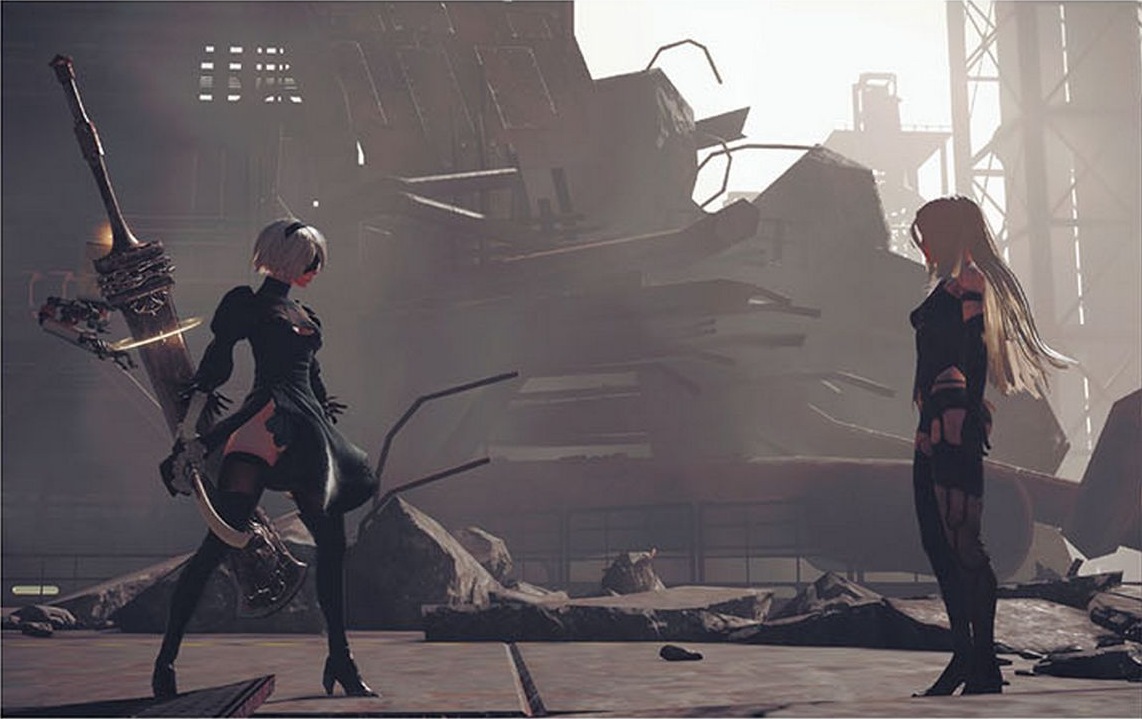
"If you were a better person, you wouldn't be here"
Spec Ops: The Line (2012) is a third-person shoot video game developed by the studio Yager Development and published by 2K Games. The game is available for Microsoft Windows, Xbox 360 and PlayStation 3. The title serves as a reboot of the Spec Ops franchise.

The game tells the story of Captain Martin Walker and his Delta Force unit in Dubai during a sandstorm crisis. A lot of civilians were abandoned inside the city by their leaders and Colonel John Konrad and his 33rd Infantry Batallion of the United States Army went to help survivors escape, but failed. He and his men then stablished martial law in an attempt to keep peace inside the city while the storms intensified, but the situation went awry as Konrad's men started committing crimes against the people. Moreover, the CIA sent a black ops team and armed civilians against Konrad and his forces and, as expected, things got even worse, but soon the events led to a ceasefire. After that, Konrad tried to lead survivors out of the city, but ultimately failed and sent a transmission for help. Then, the United States Army decided to send a Delta Force team lead by Captain Martin Walker, accompanied by Lieutenant Adams and Sergeant Lugo, to Dubai in order to rescue the surviving civilians and figure out what's really going on with Konrad and his men.

Our main characters are:
- Captain Martin Walker (voice by Nolan North): He is a member of the United States Army's Delta Force. He is the main character and the person the player controls throughout the game. He has a strong sense of loyalty towards Colonel Konrad and wants to find him no matter what.
- Lieutenant Alphonso Adams (voiced by Christopher Reid): He is another member of Walker's Delta squad. He is the heavy gunner of the team.
- Sergeant John Lugo (voiced by Omid Abtahi): He is the third and last member of Walker's unit. He is a remarkable marksman and the medic of the group. He often discusses with Walker and Adams over decisions made on the battlefield.
- Colonel John Konrad (voiced by Bruce Voxleitner): He is the commander of the 33rd Infantry Battalion. He offered to help in the Dubai situation, but everything went south and is viewed as a traitor by the United States for disobeying orders.

In Spec Ops: The Line you control Walker and you have to kill your enemies by using a variety of weapons such as rifles, hand guns, grenades, and so on and so forth, very similar to the Call Of Duty series. You can also guide the other characters, Adams and Lugo, to kill enemies or cure injuries. Moreover, even sand can be used to exterminate your enemies.

The gameplay for me is not that good, and it can be kind of "clunky", but it is "entertaining", and the graphics look a bit outdated, which is weird for a 2012 game, but it was not created by a big company, so it is understandable. The strong points of this shooter are the complex plot and themes it tackles.

The OST composed by Elia Cmíral is amazing and haunting, because for every memorable scene, there is the incredible metal/rock-driven background music accompanying it. I leave at the ending of this review a video with one of the songs.

When you begin playing SO:TL you hope to find a very entertaining shooting game in which you kill bad people and call it a day, but it's not. The more you play, the more you realize that war is indeed hell. SO:TL puts you in morally ambiguous situations in which you have to choose between doing something bad and something horrible. In addition, as the game progresses, your characters start slowly losing their minds and becoming more unstable, specially Captain Walker as he becomes more violent and cruel in his dialogues and killings and hallucinates some pretty messed up stuff. Also, the previously mentioned moral decisions you make lead you to four different endings.

The breaking of the fourth wall is another important topic to talk about, since the player is challenged by the game, and asking us if we enjoy killing. Is a war game supposed to be fun? Why do we find killing entertaining? Games were originally created to pass time and have fun, nowadays, they make us face reality even harder than real life itself and SO:TL is no stranger to this. It comes to my mind the infamous "No Russian" level in Call Of Duty: Modern Warfare 2 (2009) in which you are an undercover CIA agent working with Russian terrorists and you start a mass shooting inside an American airport , murdering men, women and children. The level was very controversial at the time and still is to this day for having you play as a terrorist in a videogame. SO:TL takes that level to eleven by putting you in very similar situations many times, and those affect your characters' psyche, and even the loading screen addresses you, the player, to make you understand that what you do is evil.

SO:TL is heavily influenced by the book Heart Of Darkness (1899) by Joseph Conrad and the movie Apocalypse Now (1979) by Francis Ford Coppola (which is loosely based on the novel), and both tackle the psychological effects war has on people and the savageries people commit in such times. On a battlefield you can look into the abyss and it looks back at you, you see "The Heart Of Darkness" and the horrible truth about humanity: We are beyond saving. When someone gets to that point, there is no coming back. There is no glory in killing, no heroes in war, no salvation in hell.

Mixing the action shooter elements from Call Of Duty and the psychological horror from Silent Hill, Spec Ops: The Line offers a statement about war games and war in general, in which you are not a hero, but a broken man haunted with the horrible actions you commit in the name of patriotism and glory and an engaging story full of twists that will keep you playing, even if it means sacrificing your character's sanity to reach an ending.





The gameplay for me is not that good, and it can be kind of "clunky", but it is "entertaining", and the graphics look a bit outdated, which is weird for a 2012 game, but it was not created by a big company, so it is understandable. The strong points of this shooter are the complex plot and themes it tackles.

The OST composed by Elia Cmíral is amazing and haunting, because for every memorable scene, there is the incredible metal/rock-driven background music accompanying it. I leave at the ending of this review a video with one of the songs.

When you begin playing SO:TL you hope to find a very entertaining shooting game in which you kill bad people and call it a day, but it's not. The more you play, the more you realize that war is indeed hell. SO:TL puts you in morally ambiguous situations in which you have to choose between doing something bad and something horrible. In addition, as the game progresses, your characters start slowly losing their minds and becoming more unstable, specially Captain Walker as he becomes more violent and cruel in his dialogues and killings and hallucinates some pretty messed up stuff. Also, the previously mentioned moral decisions you make lead you to four different endings.

The breaking of the fourth wall is another important topic to talk about, since the player is challenged by the game, and asking us if we enjoy killing. Is a war game supposed to be fun? Why do we find killing entertaining? Games were originally created to pass time and have fun, nowadays, they make us face reality even harder than real life itself and SO:TL is no stranger to this. It comes to my mind the infamous "No Russian" level in Call Of Duty: Modern Warfare 2 (2009) in which you are an undercover CIA agent working with Russian terrorists and you start a mass shooting inside an American airport , murdering men, women and children. The level was very controversial at the time and still is to this day for having you play as a terrorist in a videogame. SO:TL takes that level to eleven by putting you in very similar situations many times, and those affect your characters' psyche, and even the loading screen addresses you, the player, to make you understand that what you do is evil.

SO:TL is heavily influenced by the book Heart Of Darkness (1899) by Joseph Conrad and the movie Apocalypse Now (1979) by Francis Ford Coppola (which is loosely based on the novel), and both tackle the psychological effects war has on people and the savageries people commit in such times. On a battlefield you can look into the abyss and it looks back at you, you see "The Heart Of Darkness" and the horrible truth about humanity: We are beyond saving. When someone gets to that point, there is no coming back. There is no glory in killing, no heroes in war, no salvation in hell.

Mixing the action shooter elements from Call Of Duty and the psychological horror from Silent Hill, Spec Ops: The Line offers a statement about war games and war in general, in which you are not a hero, but a broken man haunted with the horrible actions you commit in the name of patriotism and glory and an engaging story full of twists that will keep you playing, even if it means sacrificing your character's sanity to reach an ending.






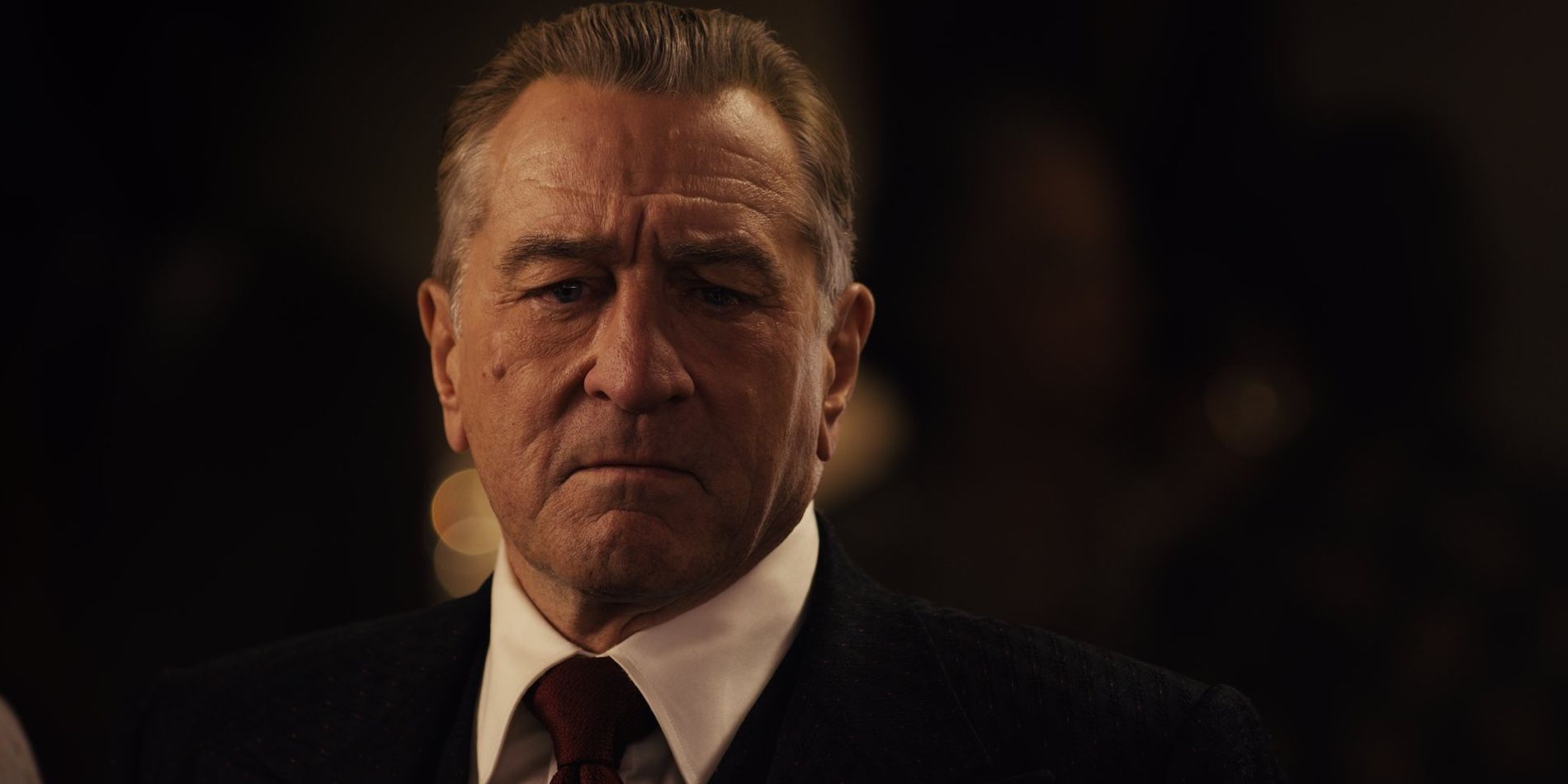
/cdn.vox-cdn.com/uploads/chorus_image/image/65343796/Irishman1.0.jpg)
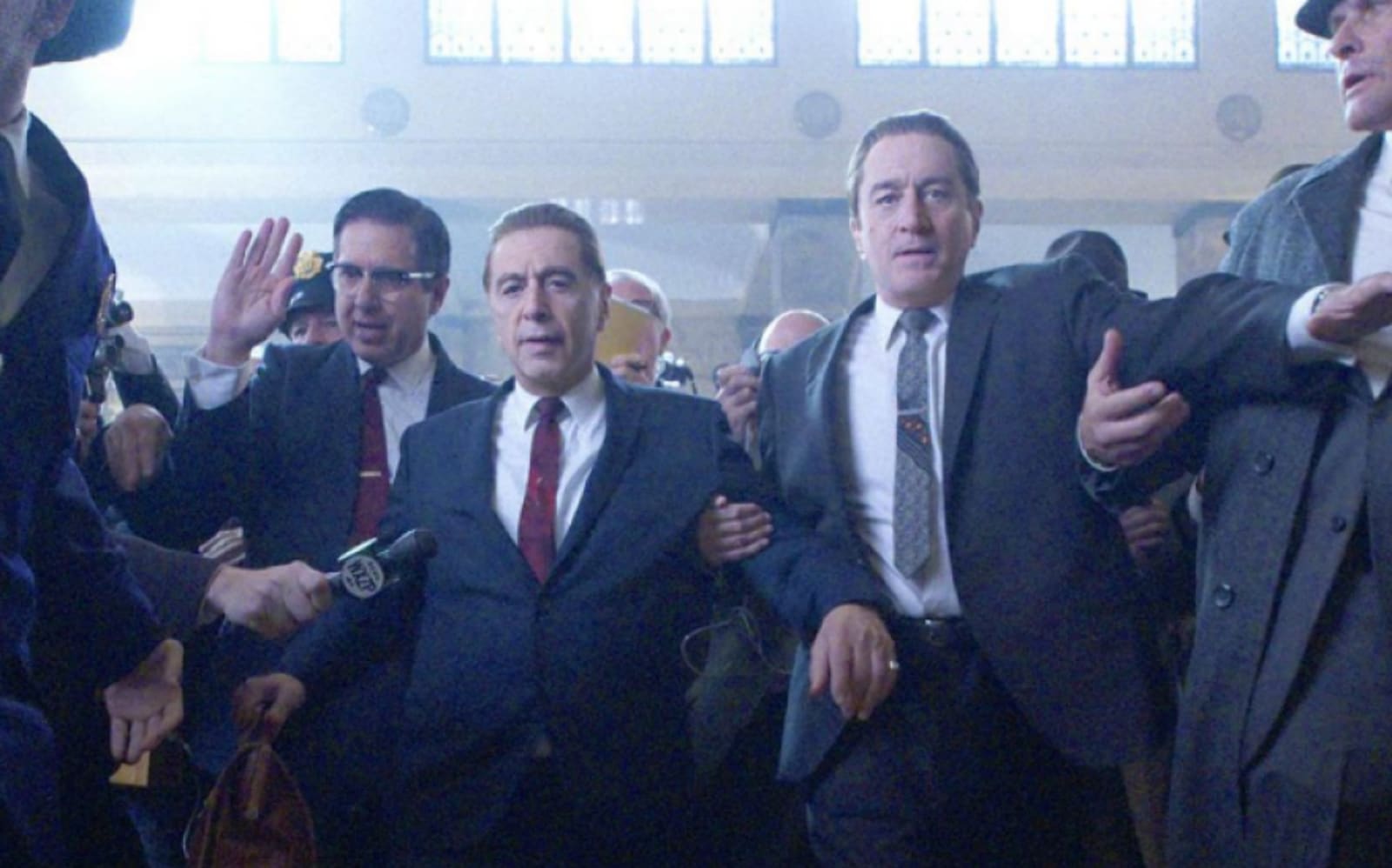
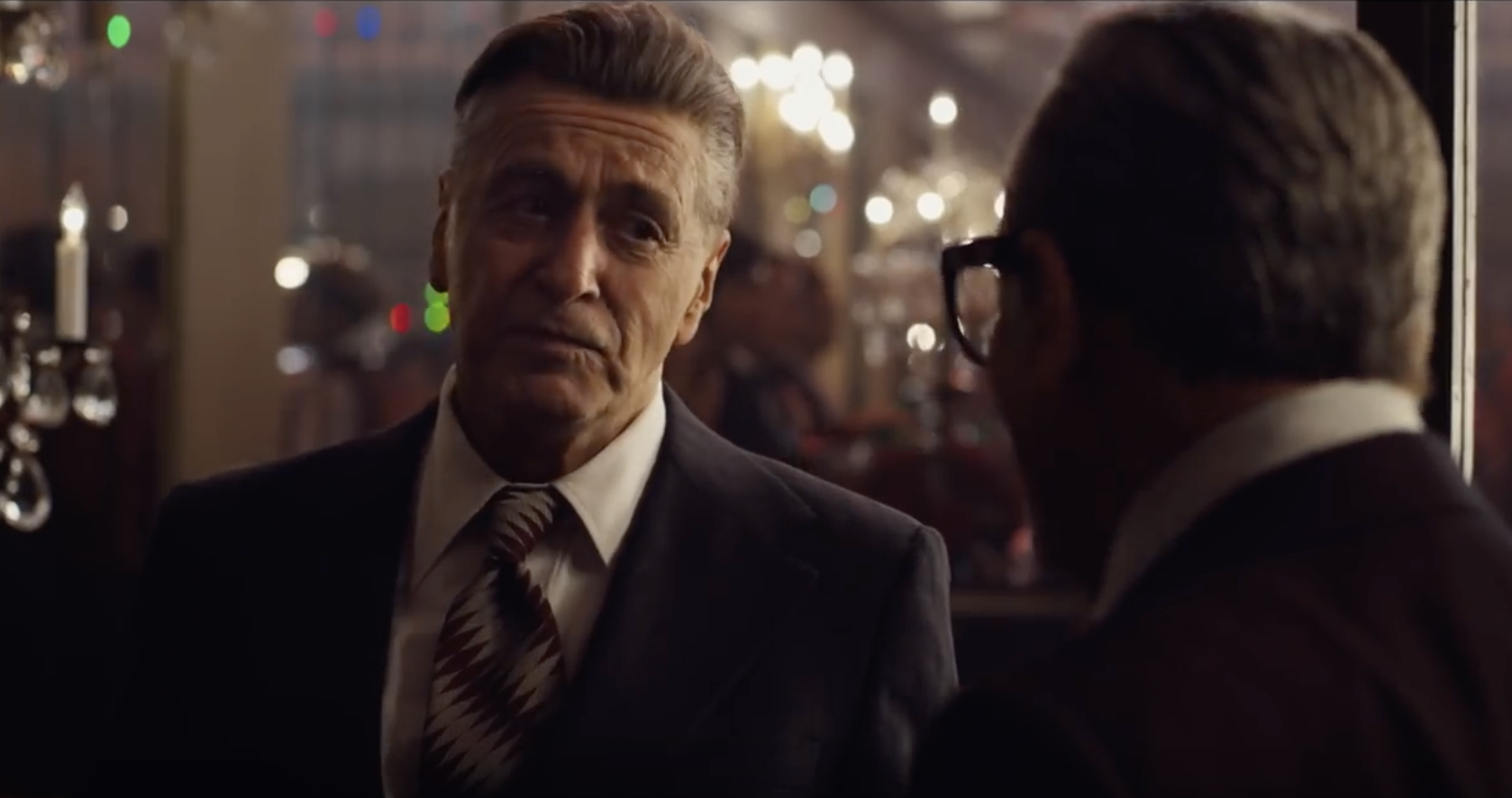
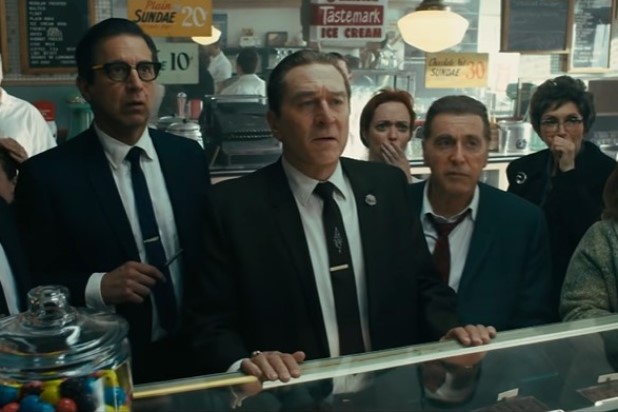




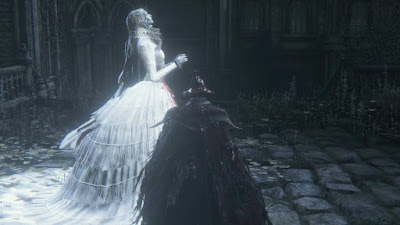














/cdn.vox-cdn.com/uploads/chorus_image/image/60310317/nier_automata.0.jpg)

